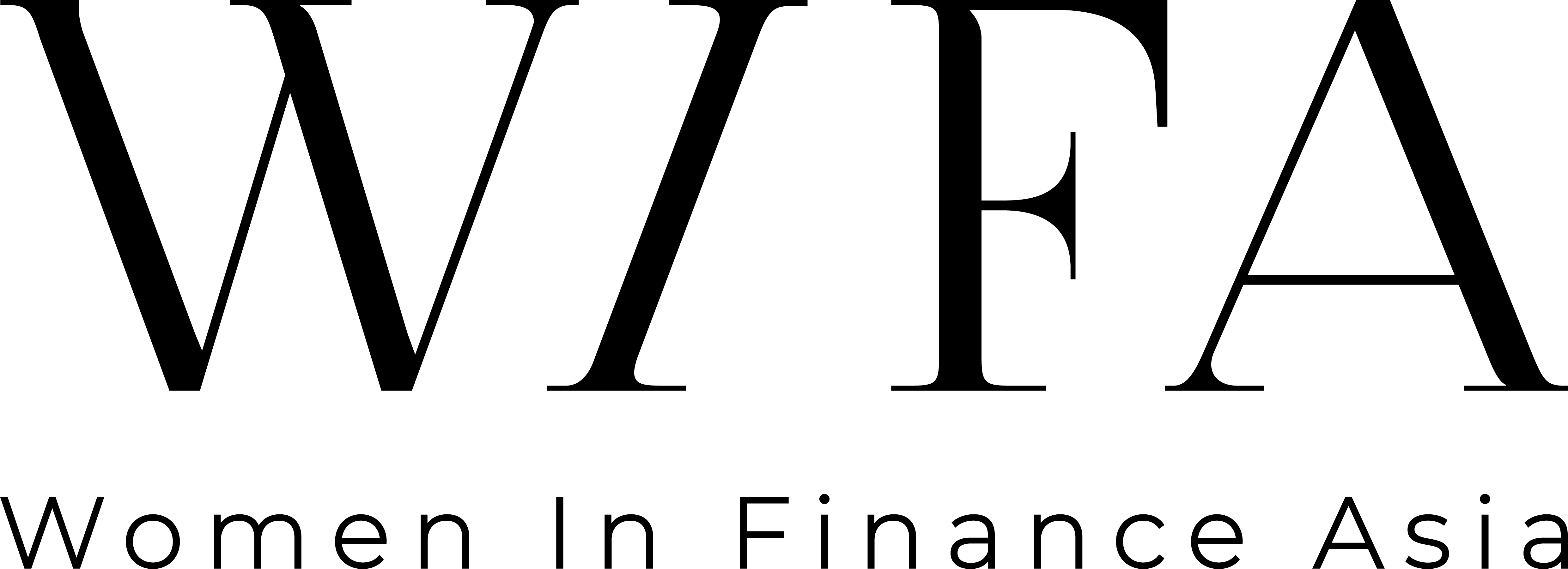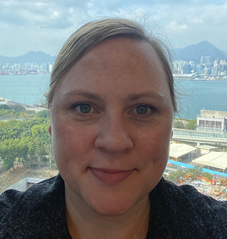Christine Cuthbert, Special Counsel in the Dispute Resolution Group, Baker McKenzie, shares with WiFA her route to becoming a lawyer, her inspirations, experience with mentorship, and much more.
Tell us about your background and the journey to your current position and organization.
I am Canadian-Australian, and living in Hong Kong. I started my studies at University of Toronto, where I was angling to become a forensic scientist. However, I moved to Brisbane, Australia and partway through that degree and took up a combined law/criminology degree. On graduation, I started with a top-tier law firm in Brisbane. There, I practiced as a disputes resolution lawyer for about 8 years before deciding to transfer to their Hong Kong office, for a bit of a change of experience and location. I moved in early 2016, and started to specialize in white collar crime investigations – the perfect combination given my interest in law and criminology. In April 2020, I moved to my current role – Special Counsel in Baker McKenzie’s Compliance & Investigation practice.
Who or what inspired you to choose your career path?
I actually had no intention of becoming a lawyer when I started out at university. Rather, I was completing an undergraduate degree in law and criminology, with a view to obtaining a post-grad forensic psychology degree. However, my first year of law was fantastic. It was really engaging and I was fortunate enough to have several fabulous professors, who I still keep in contact with to this day. My first year, I got involved in mooting – a mock-trial competition – and it cemented my love for the law. I completed an internship at the firm I eventually joined post-graduation, and have worked in private practice since then. This field that provides me with enough variety in the work and opportunities to problem-solve, which is very important to me.
Please tell us how you or someone in your life that you admire provided hope or healing to the family or community.
One thing that I have admired – particularly in the past 6 months – is how certain people have managed to foster a sense of community in what are trying times in Hong Kong, particularly with the quarantines, changing restrictions, flight bans, and now the growing covid numbers. I won’t call them out specifically, but there are a number of Facebook groups and twitter feeds that have provided support and a sense of community to those who need it – often at the expense of the mental and physical health of the administrators or authors. It has really made it feel like we are all in this together, which is a comfort particularly to those of us who have not seen our families for 2+ years. I tip my hat to them.
Describe a challenging or difficult time during your career where you overcame bias.
When I first started out as a junior lawyer, there were times when I was the only female lawyer in the team. Sometimes it was great – I would get invited to a lot of bigger group events, as the token female. However, being the odd one out can make it difficult. Being excluded from casual or social networking events or being talked over during meetings – these are everyday examples that have the effect of denouncing the recipient as the “other”, not part of the same team. Everyday inclusion is important.
Mentors play an important role in the developments of many careers. If you have/had a mentor, what is the one take away message or inspiration that he/she passed on to you?
I am fortunate to have a number of mentors that I have collected along the way – some have lasted decades and others have come and gone quickly. Each mentor has taught me different things which I use every day – whether it’s how to manage people, how to take charge of my career, or how to build resilience.
One particularly great piece of advice I received was from a senior female lawyer that I worked with while I was a trainee. She was very patient and took the time to walk through any work product, including explaining why things were drafted in a certain way or why we adopted a certain approach. I can’t recall the matter we were working on or even the context, but one day she said to me “we are all human and make mistakes; it’s how you deal with those mistakes that will define you.” It really stuck with me. As lawyers, we strive for perfection, so imperfection is not something we handle well. But dealing with imperfection is part of what defines you as a lawyer and, really to some extent, as a person.

